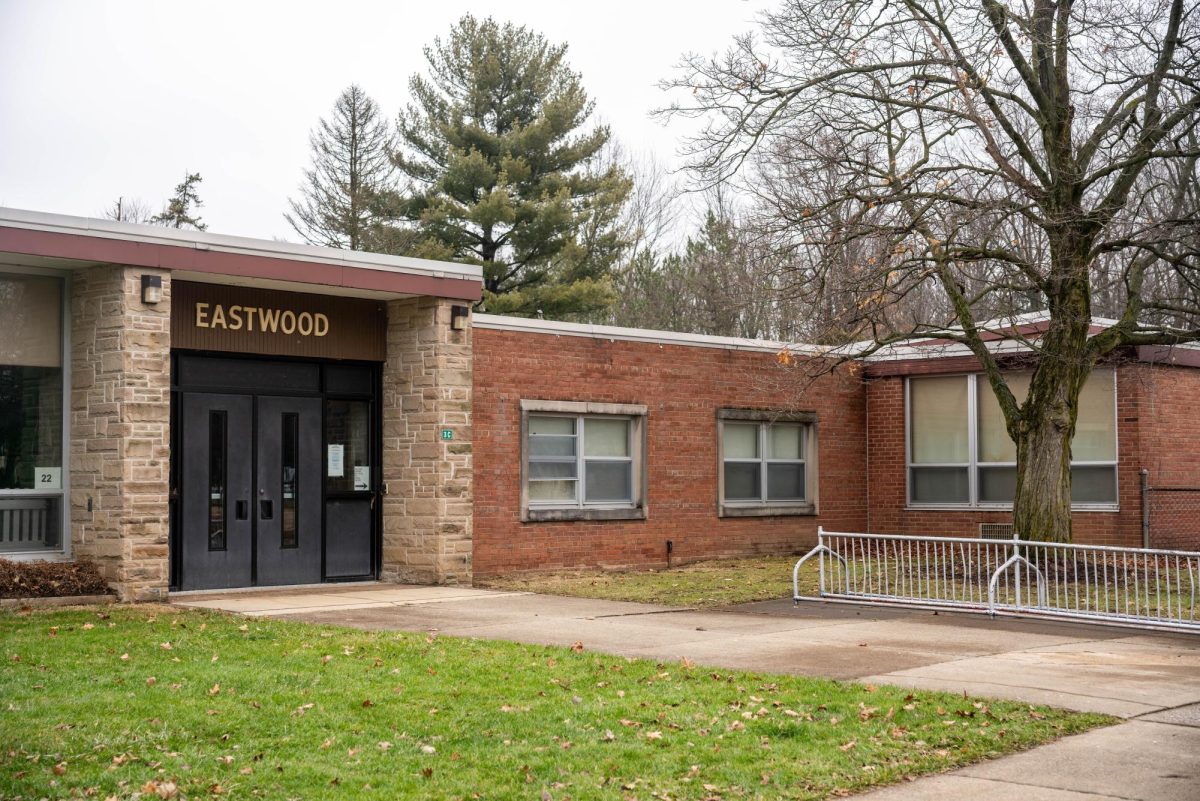Understanding Ohio’s Gun Control Debate
September 20, 2013
To the Editors:
The Review’s reporters did a better job than some in trying to under- stand the current controversy over gun laws and explain it to others. Some of it was a little off, however, and it makes a real difference in one’s ultimate perception of what the City Council did on Monday night.
First of all, “Oberlin Challenges State Law on Guns” (The Oberlin Re- view, Sept. 13, 2013) is not what was happening. Some folks who don’t live here were complaining that our ordinance covering conduct in parks was incompatible with state laws enacted in 2004 and 2006 when it came to possession of firearms. The situation in Clyde was that their council adopted an ordinance “in conflict” after the state legislature had acted; in contrast, our ordinance (a tiny portion of which was in conflict with the 2004 legislation) was enacted in 1998. Cleveland sued the state, not the other way around, regarding the legislature’s 2006 enactment of Section 9.68, and it’s true: Cleveland won at the appellate level, but not in the Ohio Supreme Court.
The portion of Oberlin’s 1998 ordinance that was in conflict with the Ohio’s 2004 legislation to legalize concealed handguns ceased to “be in effect” after 2004; the state would not sue us because it had already extinguished that with which it was (apparently) not pleased. Our “ban” was thenceforth on paper only; it was not posted on a sign, the police would not attempt to charge anyone with violating it — it had been nullified.
Under the circumstances, it would have to be one of our gun- toting visitors who would sue us, and that would not, for one round at least, be very expensive. The would-be plaintiff, since he (only a couple of armed women showed up) couldn’t find a cop to arrest him and charge him under the ordinance, would have to find some other way to complain to the Court of Common Pleas that he had been wronged or mistreated. He would certainly know that the state law pre-empted ours, and he would know that we knew; he would certainly know our ordinance (or that tiny part of it) was as dead as a piece of firewood. How was he injured by our quaint relic of a hollow “ban”? To get that answered at the county level might not have been expensive at all.
When they grow tired of assembling in our parks — which they are still as entitled to do as they were last week — the gun-toters may move on to another town. If Oberlin’s ordinance predates 2004, and the town stands its ground, both sides in the controversy might learn something.
–David R. Ashenhurst
Community Member

















